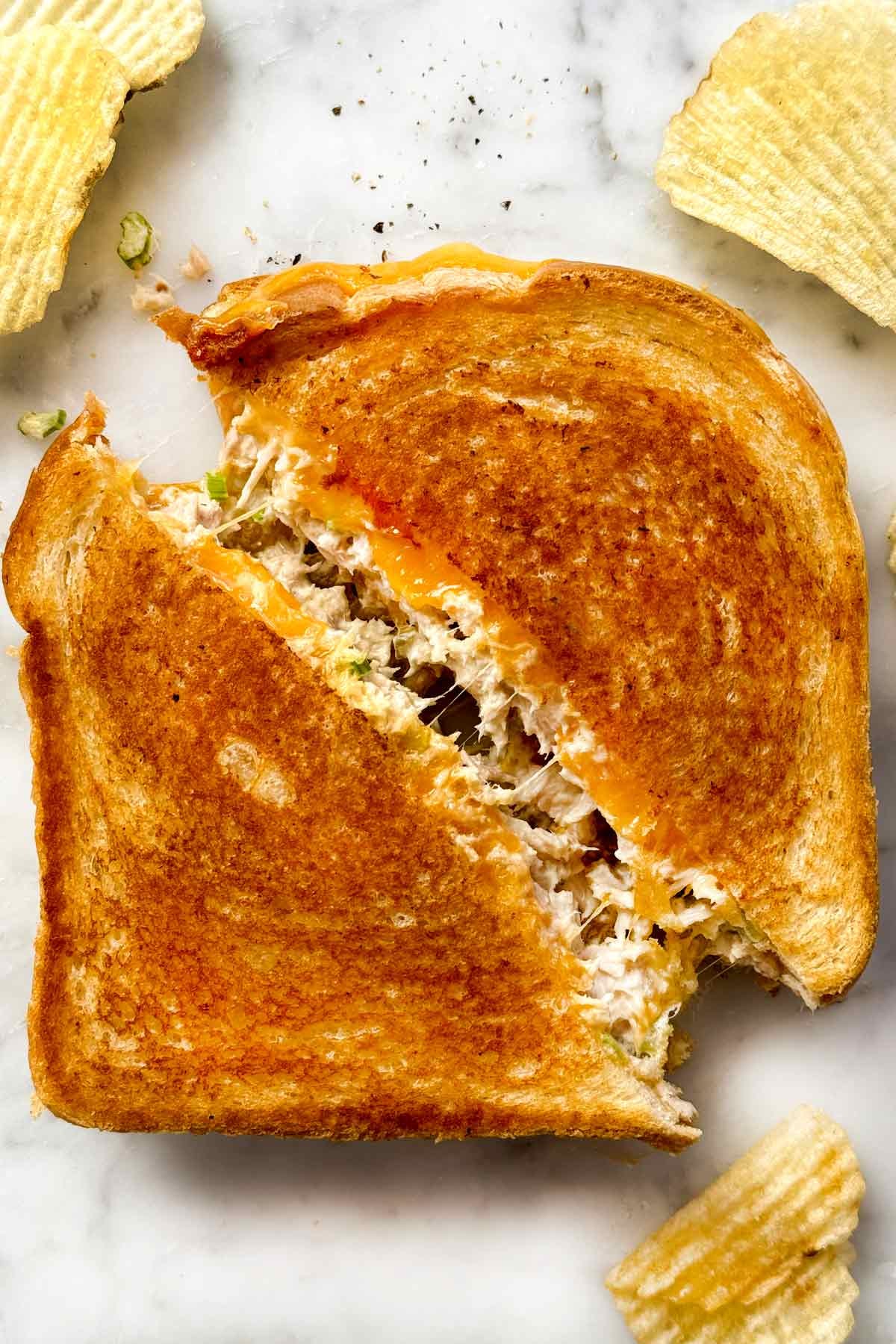The Middle of the Story
The struggle for justice has always been the work of generations, not the work of a moment.

The tuna melt sizzled in the pan, sourdough bread turning golden brown in the olive oil. I leaned forward, staring at it, resting my forehead against the microwave that hangs above the range. The refrigerator hummed gently behind me and in that moment those were the only two sounds in the world. I had a feeling of unreality. It felt like that scene in a really intense drama where the directors make the call to not relieve the pressure they’re building by adding any music to the sound track. It’s stripped down and barebones, just the sounds that are already in the room. Sizzle. Hum.
The cool metal band at the bottom of the microwave pressed into my forehead as I stared at the sandwich, bread getting crispy crunchy, vegan mozzarella melting into the tuna salad as it warmed. It felt like the weight of the world was keeping me there, leaning over the stove. I would later rea…
Keep reading with a 7-day free trial
Subscribe to Wild Thriving to keep reading this post and get 7 days of free access to the full post archives.




